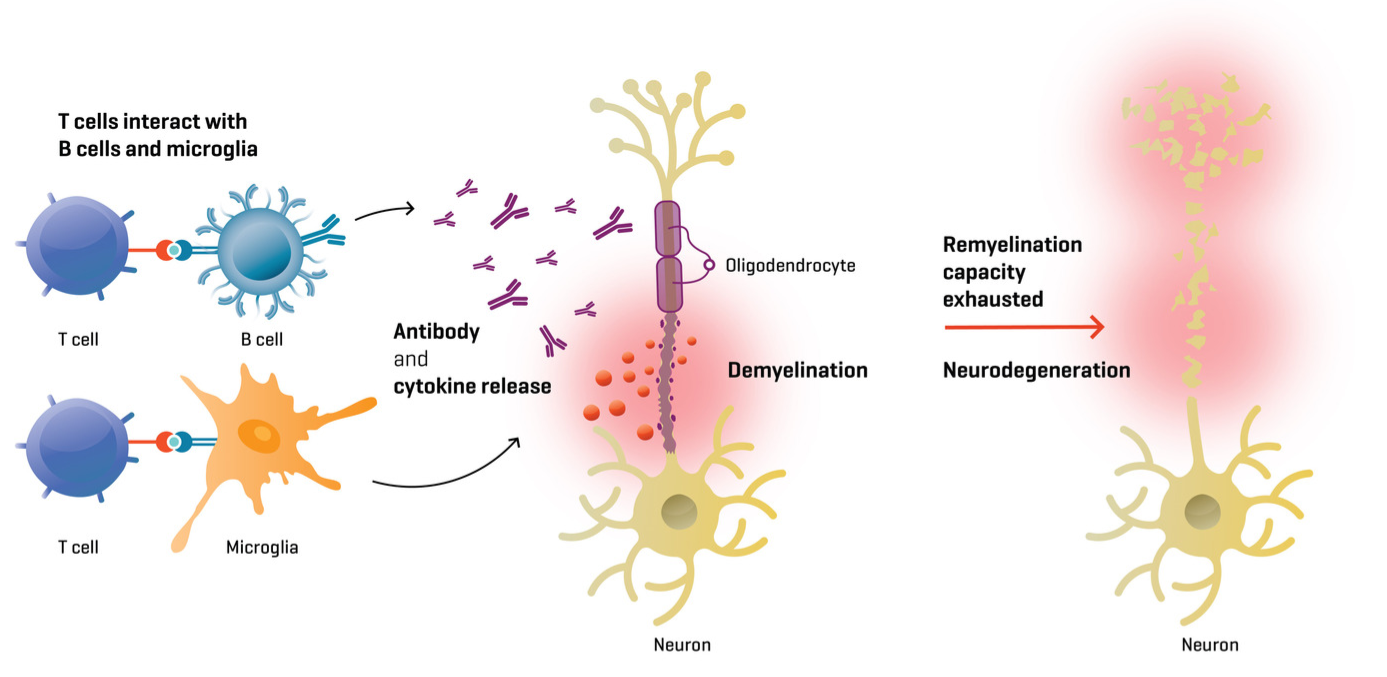Get in Touch with our Immune Monitoring Experts
Precision immune monitoring in autoimmune disease
- High-avidity detection: The flexible structure of Dextramer® and Klickmer® multimers improves binding of T and B cells, detecting even rare and low-affinity populations.
- Multiple applications: Detect, quantify, monitor, and analyze antigen-specific cells, using in situ hybridization, flow cytometry, NGS and single-cell multi-omics.
- Ready-to-use reagents: Select specific epitopes associated with autoimmunity from our curated list of epitopes for MHC I and MHC II Dextramer® reagents.
- Expert reagent design: Alternatively, design your own reagents with our Klickmer® or U-Load® reagents to display antigens of your choice. Our experts help you make the sensitive tools you need.
- The broadest allele coverage: Choose the right MHC allele from our continually expanding list, including DRB1*1501 which is implicated in several autoimmune diseases and is the strongest genetic risk factor for multiple sclerosis.

Multiple sclerosis is caused by a malfunctioning immune system attacking the myelin sheath of neurons. Figure adapted from: https://doi.org/10.3390/ijms23095162
Immune cells are implicated in numerous autoimmune conditions, from celiac disease to diabetes and multiple sclerosis. Phenotyping, enumerating, and assessing the long-term activity of antigen-specific T and B cells can help improve diagnosis, treatment, and ultimately prognoses for patients.
With boosted avidity, Dextramer® and Klickmer® reagents are effective tools to monitor CD4+ or CD8+ T cells and B cells. Interrogate T cells with our extensive menu of allele-peptide combinations for MHC class I and MHC class II Dextramer® reagents or load your own antigens onto Klickmer® reagents to probe B cells. Both products can be fitted with DNA barcodes to carry our high-throughput multi-omics and expand our understanding of autoreactive cells.
 Unravel autoimmunity with Immudex
Unravel autoimmunity with Immudex

